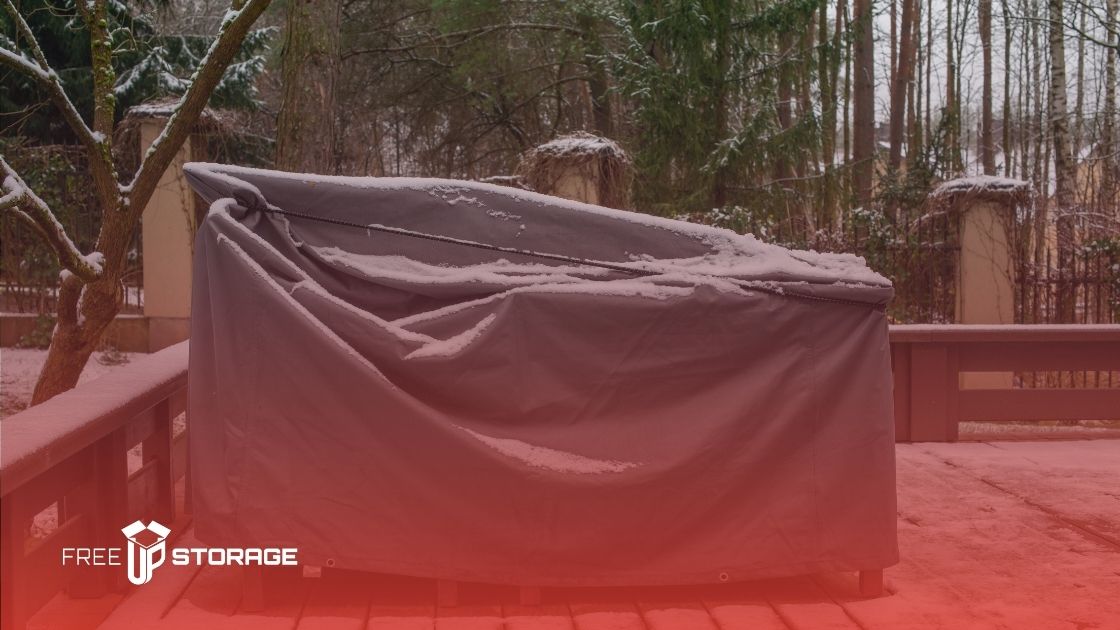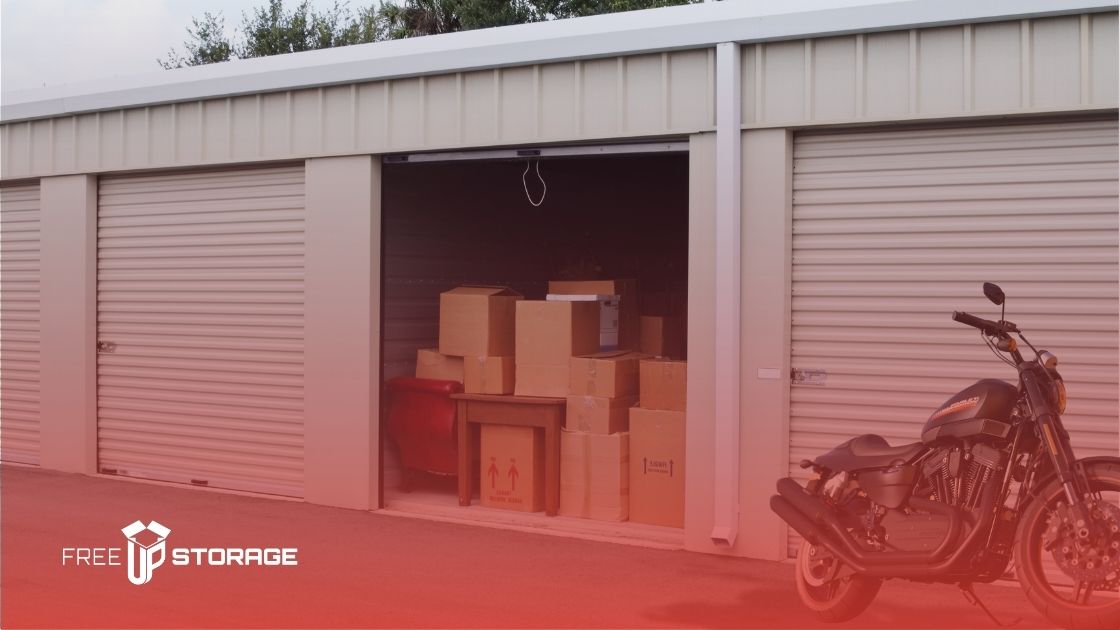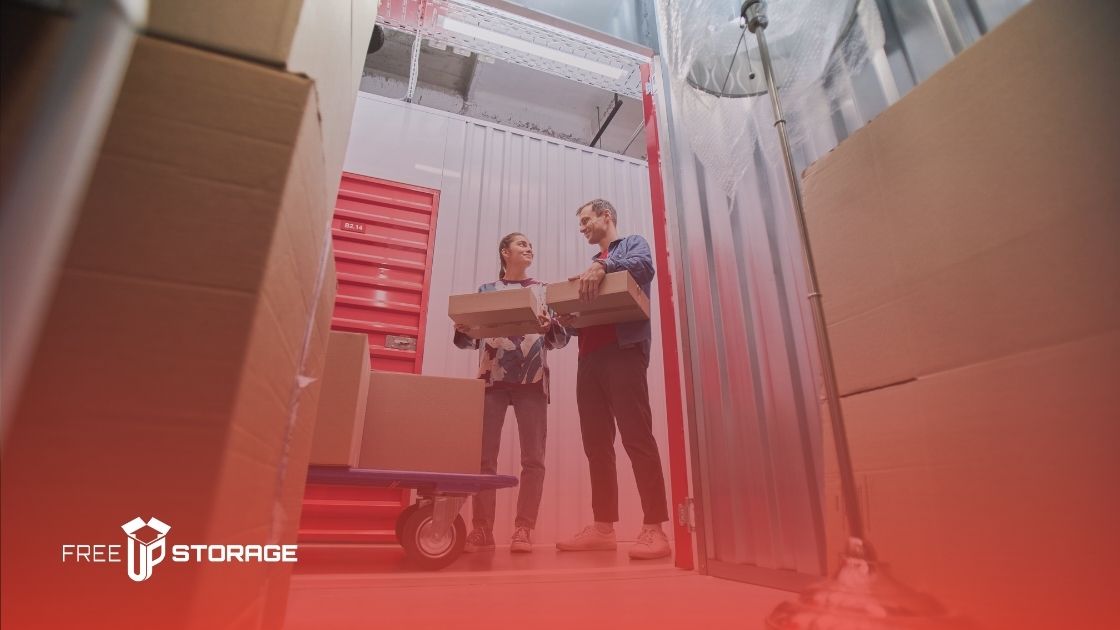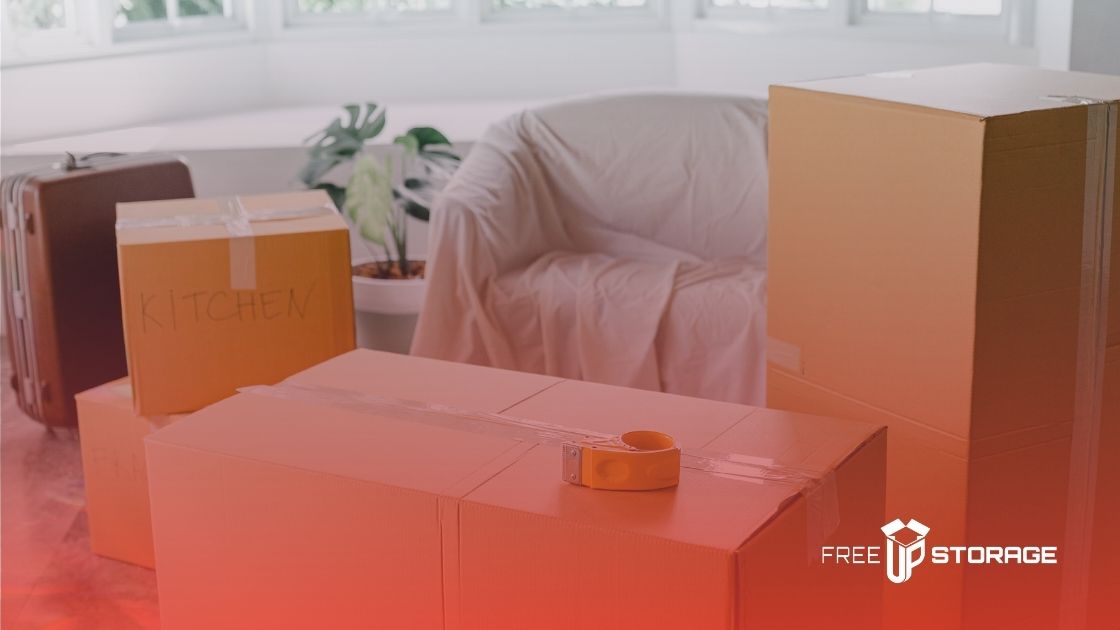The FreeUp Storage Blog
Top Climate-Controlled Storage in Oak Harbor for Long-Term Protection
_02132026151731213.png)
FreeUp Storage
February 13th, 2026
Top 10 Questions Seniors Should Ask Before Renting Storage

FreeUp Storage White Sulphur Springs
February 12th, 2026
FreeUp Storage Expands Customer Support with New Call Center in Manila, Philippines

FreeUp Storage
December 18th, 2025
Hurricane/Tornado/Storm Prep Storage Tips for White Sulphur Springs Homeowners

FreeUp Storage
July 17th, 2025

_02182026083039327.png)




